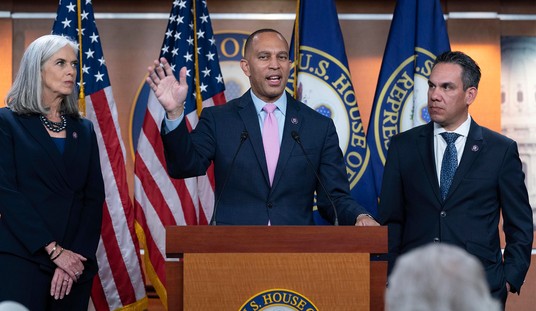
When I was growing up, I’d see clips on television from the turbulent 60’s. And I’d think how glad I was that the country was no longer in that kind of turmoil
But now here we are. It’s not exactly the 80’s.
And one of the many fights erupting in the last few years is the skirmish over those dadgum confederate monuments — are they symbols of history or salutes to sin?
On Wednesday, the battle continued in an Alabama court.
The state’s Supreme Court upheld a law protecting the monuments.
The ruling came with an order to Birmingham: Remove the boards y’all’ve placed in front of one of the controversial statues.
The all-Republican court sided with the state, which had sued the black-majority city for surrounding a 52-foot stone pillar in commemoration of Confederate veterans with plywood panels.
In January, a Jefferson County circuit court had struck down the law, asserting that legislation outlawing the removal, relocation, or renaming of 40+ old streets, buildings, or memorials violated free speech.
But now the Supreme Court’s ordered that judge to fine Bham $25,000 smackeroos.
As reported by The Hill, a city spokesperson explained that they’re “strongly disappointed.”
Was the ruling just a political maneuver? Here’s the Birmingham Office of Public Information’s director of communications, Rick Journey:
“This ruling appears to be less about the rule of law and more about politics.”
State AG Steve Marshall had called for the turnover. Naturally, he’s psyched:
“The Supreme Court’s ruling is a victory for the Alabama law which seeks to protect historical monuments. The City of Birmingham acted unlawfully when it erected barriers to obstruct the view of the 114-year-old Confederate Soldiers and Sailors Monument in Linn Park.”
Do you think they made the right decision? Does the recognition of history equate to some sort of endorsement? And how should dead Americans who gave their lives in an intranational battle be remembered?
It seems to me that one of the biggest problems in politics is that people aren’t regularly interested in getting down to the core argument. With regard to the Civil War, there remains vehement disagreement about the nature of the war itself. That, it seems to me, is a foundational conflict. If we can’t even agree on what the war was about, how can we have any profitable discussion about its monuments?
For those of you particularly well-educated on the Civil War, how would you characterize the historic rift?
Outside of that, do any of you think it doesn’t matter why the war was fought?
I look forward to hearing from all of you.
-ALEX
See 3 more pieces from me:
Find all my RedState work here.
And please follow Alex Parker on Twitter and Facebook.
Thank you for reading! Please sound off in the Comments section below.













Join the conversation as a VIP Member